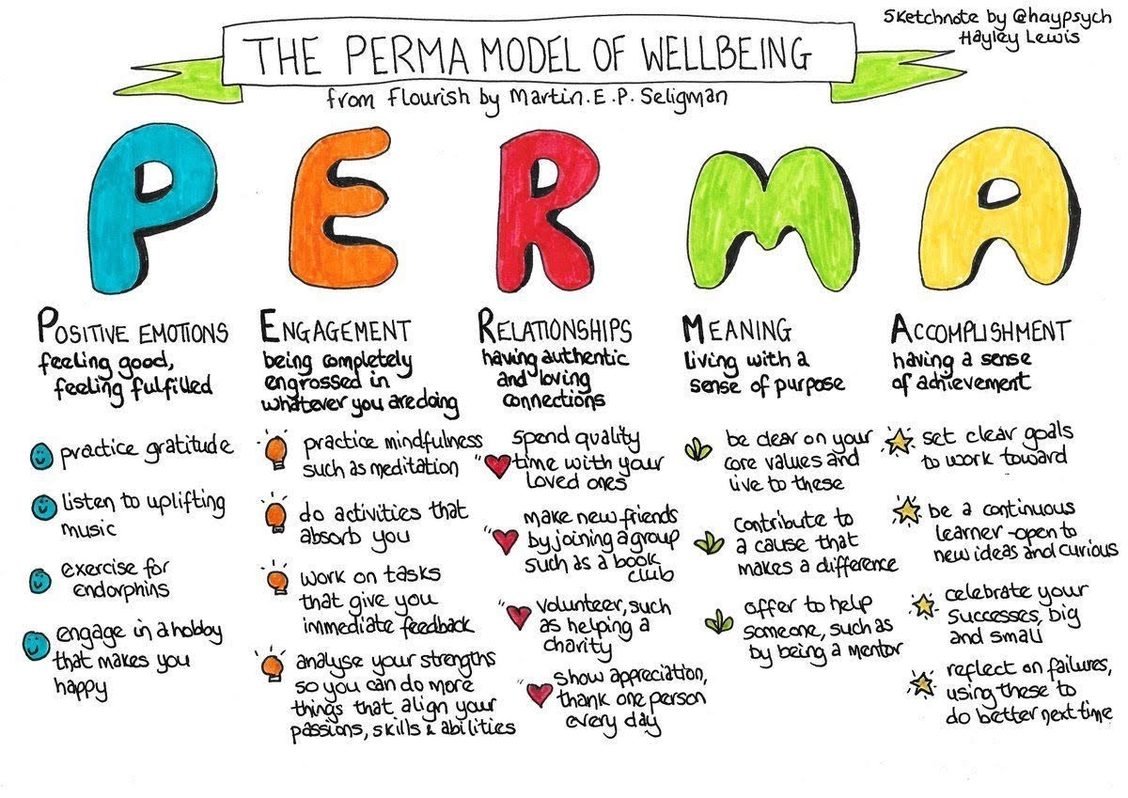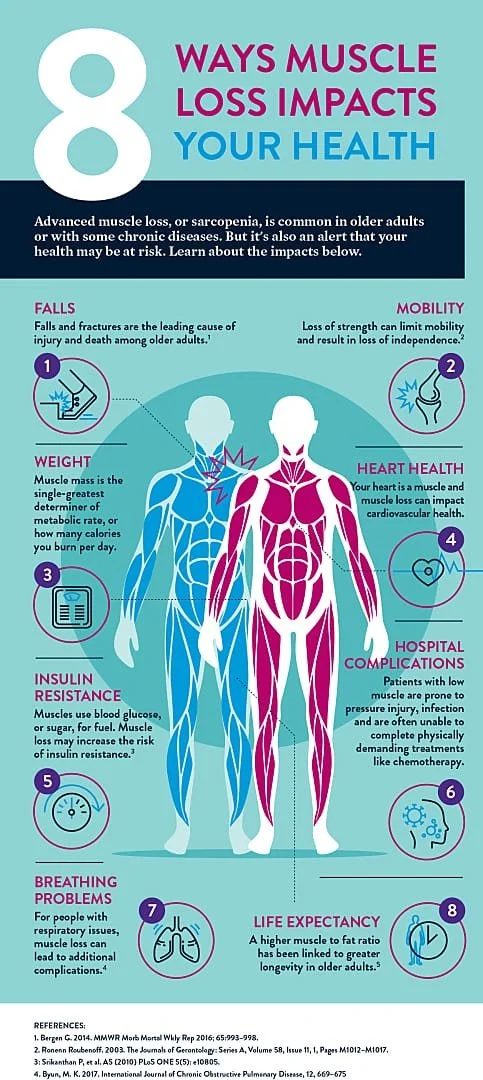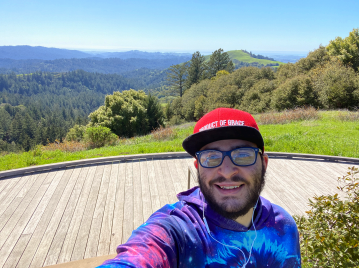In my last issue, I talked about muscle centric health. I want to build on that with more thoughts about longevity and what it takes to increase our healthspan (ie. time of healthy living).
Let’s start with understanding what we want to make last: LIFE.
What is life? Let’s go down this rabbit hole a bit. (bolds are mine)
The existence of an individual human being, animal or plant.
A principle or force that is considered to underlie the distinctive quality of animate beings.
The condition that distinguishes animals and plants from inorganic matter, including the capacity for growth, reproduction, functional activity, and continual change preceding death.
Experiencing reality by interacting authentically with the environment and with others. Giving something back to the world through creativity and self-expression, and changing our attitude when faced with a situation or circumstance that we cannot change. (Frankl)
That which distinguishes coherence, purpose, and significance.
4 main experiences that encourage meaning and purpose (Drageset, Haugan, and Tranvåg, 2017):
Physical and mental well-being.
Belonging and recognition.
Personally treasured activities.
Spiritual closeness and connectedness.
For many, life is meaningful, satisfying work. For others, their purpose lies in their responsibilities to their family or friends. Others seek meaning through spirituality or religious beliefs. Some people may find their purpose clearly expressed in all these aspects of life.
Having a happy and satisfying existence that fulfills our physical, emotional, and mental necessities. In the process, like on any journey, you walk, you fall, you pick yourself up, and do it again until you reach the end.
Life has no meaning. Each of us has meaning and we bring it to life. It is a waste to be asking the question when you are the answer.” As you can probably imagine, philosophers have spent countless hours considering the concept of meaning, as well as the “meaning of meaning.”
Love. Love is the core of our lives. It is the purpose, passion and meaning of life. To love and be loved is the point of it all. Yet love, so important and central to our lives, is a complex experience and a confusing word.
Health. Being healthy is the single, most important part of our existence – without good health, our life diminishes and can be cut short.
As you can see, life can be quite nuanced, multifaceted and deep.
With this definition of life, what would longevity look like?
I’d say people in their 40’s to 100’s, still existing and experiencing life characterized by the qualities above.
But how many of these individuals have we come across? Much of our experience has been with people in their second half of life, struggling with physical and mental ailments, declining from year to year.
How to change the tide on this kind of aging?
Data from research on strength training and nutrition is revealing what impacts age related diseases at the roots. Metabolically and physiologically, we need to activate and feed our bodies what it needs to build tissue and get stronger.
When we’re young, we are hormone-rich and it drives much of our health. But as we age, we lose much of those hormones and our body becomes much more responsive to our lifestyle and diet. A prime example is the need to eat enough protein to stimulate muscle production and tissue repair and regeneration. Research has identified a threshold of 30-50 grams of high quality protein per meal before our body will get into tissue (muscle, bone, organs, etc) production. In addition, our bodies need to be motivated to generate/ renew muscles, produce denser bones and improve neuromuscular connections by increased loads put on fundamental movements ie. squatting, bending down/ picking up, pushing, and pulling.
With this understanding, if we desire greater healthspan, we should focus much more on building stronger muscles, bones, and neuromuscular connections. With appropriate food consumption, we function metabolically towards these goals and fortify our efforts to overcome diseases, weight gain, and significantly increase the length of time we experience good health.
What would eternal life mean?
What I don’t think it means: an afterlife based on a profession of beliefs and life is haphazardly lived, often times incongruent to that which generates and fosters overall health for self and others.
But rather, it is whenever and wherever our earthly existence is one with heavenly reality, ie. the expansive possibilities which are realized the more we discover how things that last truly are and how they function: our health, relationships, families, organizations, societies, and even our world.
Consider the line from the Lord’s Prayer (Matthew 6:10), “…your kingdom come,
your will be done, on earth as it is in heaven.” Jesus taught His disciples to desire this earth-heaven integrity. If we take this seriously, we need to understand what this kingdom is about. To do this, we should take the effort to get a comprehensive interpretation from the entire Bible as well as scientific discoveries that have revealed the nature and functioning of the universe. Because when we experience oneness (not to be confused with sameness/ conformity), spiritually, personally, relationally, and vocationally, the result is positive longevity.
Note the order of thoughts in the prayer:
addressing the Creator of reality as Father thus implying we are His offspring and not simply posterity of micro-realities created by our family of origin and society
desiring His integrity (on earth as it is in heaven)
asking for sustenance and freedom that results from the power of wholeness/ oneness (heaven-earth integrity).
And the line that follows, “…give us today, our daily bread…” directs our attention to what we need to grow in that integrity. As we age and our body becomes more sensitized towards diet and less directed/ supported by hormones, what we take into our bodies, needs to support oneness of head, heart, and body. On a fundamental level, we need to give ourselves food that will become the building materials of a heatlhy future us.
With a comprehensive look at the Bible, the revelation of God begins with creator and initiator of deep change (story of Abraham leaving his country and father’s house to become father of many nations), moves to national liberator (story of Moses and Israel), then divorcee as the nation of Israel departs from their marriage covenant with God.
Note this break from what had become a national religion. Centralized control has a role in the formation of society but spirituality and life must not remain married to that governance.
In the New Testament, God shows up as a human being in the person of Jesus of Nazareth whose ministry centers on healing and preaching about a different kind of governance, a different way to operate and lead, a spiritual way that promotes life, love and renewal towards compassion and justice, a way that promises life and reality are different from our societal and family defaults. And it comes about through creative destruction of the old and the birth of what the old order could’ve never imagined.
I believe eternal life is heaven-earth integrity, ie. the oneness of God.
Let’s turn our attention back to everyday practices. What do we need for positive longevity?
Dr. Gabrielle Lyon saw first hand when she worked with geriatrics, that the primary reason for age related decline and disease had to do with being under-muscled and poor protein intake. For healthy aging, we must prioritize adequate intake of high quality protein (above protein synthesis threshold, about 30-50 grams (1-2 oz/ meal) and strength training.
The solid stuff of bones, muscles, organs, tissues, and cells are made of proteins. Carbohydrates and fats are what our bodies primarily use for fuel. Carbs first then if that runs out, fat will be turned into ketones for fuel. For physical longevity, our bodies need building materials (proteins) and fuel (carbs and fats). For longevity, we need to give greater attention to the parts that burn fuel, ie. our muscles. We must give them what they need to be healthy and strong. In turn, they will function effectively and efficiently. And this is how we manage our health at the root level: metabolically.
Engaging our lives at root levels is essential to growing in wholeness/ integrity.
Positive longevity on every level (personal, organizational, institutional, societal, global) depends on this radical authenticity.
I hope you and those you impact are on this path of longevity/ abundant life!










